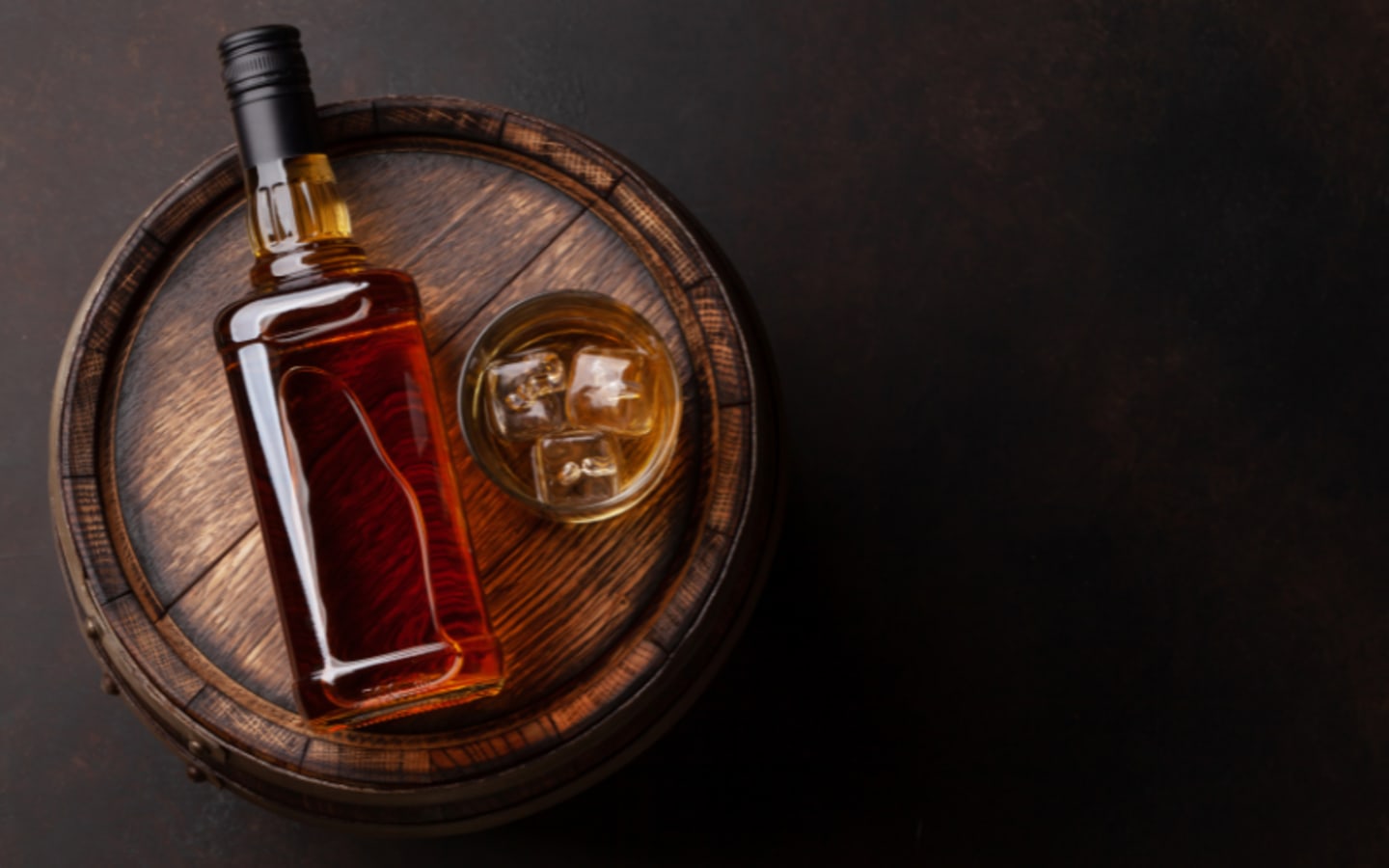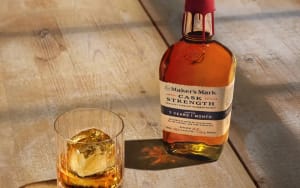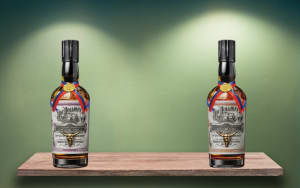In the heart of Fayetteville, North Carolina, near the sprawling Fort Bragg military base, liquor stores brim with bottles that salute the armed forces. Shelves showcase whiskeys with bold, patriotic designs—think Boundary Oak 82nd Airborne or Old Hillside Purple Heart Tribute. Big-name brands like Evan Williams and Pendleton also roll out special editions tailored for soldiers and veterans, tapping into the deep pride of a region that’s home to 90,000 veterans and the U.S. Army Special Operations Command since 1952. This year, as the Army marks its 250th anniversary, distilleries like Green River and Brother Justus have joined the party, releasing limited-edition bottles to honor the milestone. But for veteran-owned distilleries, getting their whiskeys into Fort Bragg’s Class Six stores—the military’s go-to liquor shops—is a battle that’s proving tougher than expected.
Veteran-owned distilleries are crafting spirits with a purpose, weaving their military roots into every bottle. These aren’t just drinks; they’re tributes to service, camaraderie, and sacrifice. Whiskey, especially bourbon or rye, is the drink of choice for many in the military community. It’s shared at unit balls, gifted during promotions or retirements, and sipped quietly during moments of remembrance. The liquid inside matters, sure, but for these brands, the packaging tells a story that resonates deeply with those who’ve served. Labels adorned with symbols like daggers, arrows, or challenge coins speak a language that civilians might miss but hit home for anyone who’s worn a uniform.
Take Heritage Distilling, a Washington-based company founded by retired infantry officer Drew Kellerman and other veterans. Their Special Operations Salute whiskey series is packed with subtle nods to military life. One label features a red arrowhead with a dagger and a master parachutist badge, deliberately misarranged to mimic a sign that once hung over a Fort Bragg training area. “That’s not how it’s worn,” Kellerman said, chuckling, noting that the design is a purposeful Easter egg for Special Operations veterans. Older vets, in particular, light up when they see it, saying, “This brings back memories.” Heritage also gives back, donating part of its sales to nonprofits supporting servicemembers, veterans, their families, and even K-9 units.
Similarly, Horse Soldier Bourbon, started in 2015 by Green Berets who were among the first deployed to Afghanistan after 9/11, embeds its own tributes. Their bottles feature an embossed arrow and hatchet for the Army Rangers and Special Forces, a challenge coin, and the phrase “Forged in Fire.” Co-founder Scott Neil shared how they incorporated steel from the World Trade Center into their bottle molds, a nod to the steel they buried across Afghanistan after battles to honor those lost. “Every bottle touches World Trade Center steel,” Neil said, a detail that carries weight for anyone who understands the cost of service.
But despite the passion and authenticity behind these brands, breaking into Fort Bragg’s Class Six stores is like storming a fortress. The Army & Air Force Exchange Service (AAFES), which runs these stores, oversees more than 4,300 facilities worldwide, from massive grocery stores to mobile exchanges for troops in the field. AAFES decides what hits the shelves, and their criteria—sales trends, category growth, and industry patterns—favor big players like Crown Royal, Tito’s, and Hennessy. Smaller brands, especially startups, struggle to compete. You’ll also find “Military Special” bottles, cheap, bottom-shelf spirits that have been around for decades, often dismissed as low-quality by those in the know. One Army officer called Military Special “swill,” noting that younger soldiers lean toward flavored whiskeys or vodkas, while officers prefer Woodford Reserve or Jack Daniel’s.
The challenge lies in AAFES’s rigid system. Unlike major brands like Jack Daniel’s, which offers an exclusive Heroes Selection rye through its parent company Brown-Forman’s established supply chain, small distilleries face a steep climb. “We overthrew an entire country in less time than it took to get past the fortress of AAFES,” Neil of Horse Soldier quipped. His team eventually got a foot in the door by partnering with E. & J. Gallo, a wine and spirits giant with an existing AAFES supplier agreement. That partnership opened doors to 276 AAFES locations, accounting for 5.6 percent of Horse Soldier’s sales in the year ending June 2025. But for most veteran-owned brands, finding that kind of heavyweight ally isn’t easy.
Heritage Distilling has hit similar roadblocks. Kellerman’s dream is to get his Special Operations Salute series into AAFES stores, especially overseas, where it could reach active-duty troops. But AAFES prioritizes products already moving through the traditional three-tier distribution system, where suppliers work through wholesalers to reach retailers. In control states like North Carolina, the state itself acts as the distributor, adding another layer of complexity. AAFES looks at local store shelf trends to gauge demand, but Heritage’s strong e-commerce sales don’t register in that equation. “The e-commerce platform, which is doing great, has no meaning to them at all,” Kellerman said. “We just keep running up against the wall.”
The struggle isn’t just about logistics; it’s personal for these veteran entrepreneurs. Brad and Jessica Halling, both Fort Bragg veterans, opened BHAWK (Brad Halling American Whiskey Ko.) in Southern Pines to stay rooted in the Sandhills military community. Brad, a retired sergeant major who lost a leg in the 1993 Battle of Mogadishu, and Jessica, a retired colonel who served as a staff judge advocate for Joint Special Operations Command, poured their hearts into their brand. Their Sergeant’s Valor bourbon and rye, along with Madame Colonel gin, vodka, and pistachio bourbon cream liqueur, are displayed prominently at Fort Bragg’s Class Six stores, often with banners sharing their story. Launched in February 2024, BHAWK is still a startup, and the Hallings are cautious about overextending. “It’s an expensive business, and your resources need to be consolidated,” Jessica said. “Stretching too thin could be dangerous for us.” Yet, they’ve already expanded to Camp Lejeune, with hopes of reaching more bases.
The Department of Defense’s strict rules on trademarked imagery add another hurdle. Kellerman learned the hard way that the Army holds few trademarks, allowing some creative wiggle room, but the Marines, with over 650 trademarks, shut down any attempts to use their symbols. Heritage’s workaround was to design labels that evoke military pride without crossing legal lines, like that misarranged Fort Bragg sign. These clever touches resonate with veterans, who see the bottles as more than just whiskey—they’re a nod to shared experiences, from grueling training to moments of brotherhood.
For these distilleries, AAFES distribution isn’t just about sales; it’s about reaching the community they served alongside. Neil of Horse Soldier sees it as a way to honor troops, especially when they raise a glass to celebrate a safe return or swap stories of past deployments. He believes AAFES should do more to support veteran-owned businesses, given the challenges many face transitioning to civilian life. “Be ready for success once you’re behind the AAFES wall,” he said, highlighting the global reach of AAFES’s 4,300 locations across 50 states, four U.S. territories, and 34 countries.
The potential is huge, but so are the stakes. For small distilleries like BHAWK and Heritage, every bottle sold is a chance to tell their story and support their community. At Fort Bragg, where the military is woven into the fabric of daily life, these veteran-owned whiskeys are more than a drink—they’re a salute to service, crafted by those who’ve lived it. As these brands fight for shelf space, they’re not just battling bureaucracy; they’re carrying forward a legacy of resilience and pride, one pour at a time.




